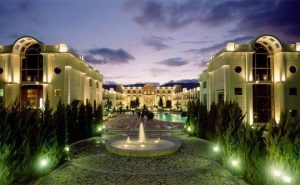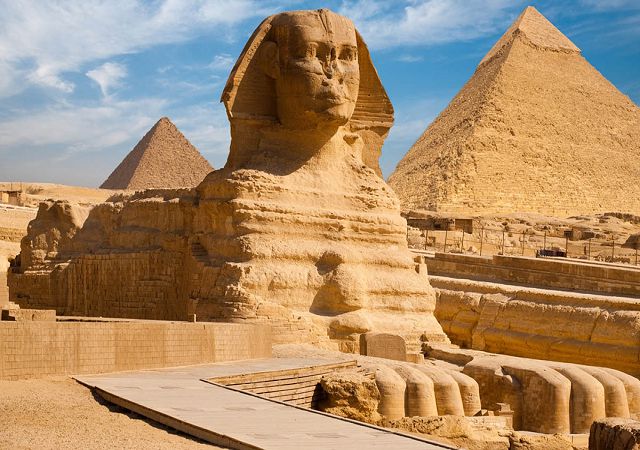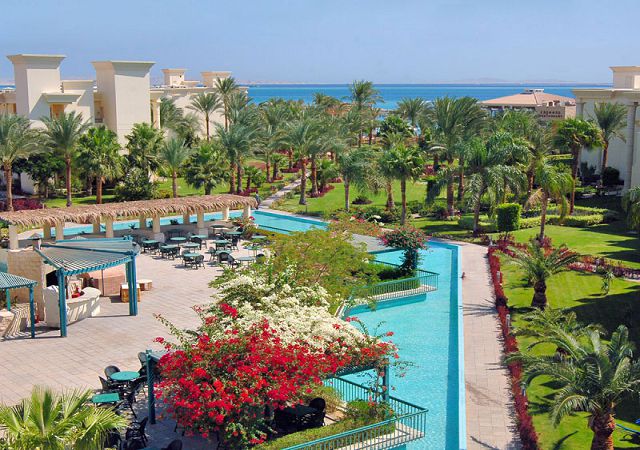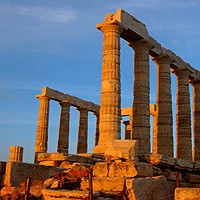Macromir of Epirus: Dodons and Acherons
 Despite its relative geographical proximity to the neighboring regions, Epirus for a long time remained isolated from them. Once, strangers came to these beautiful and, at the same time, harsh mountain regions without any special desire – here and the locals settled in colonies, looking for a piece of land suitable for use. As time went on, attempts to get out of the hospitable embrace of the Epicurean-Epirtsians, on whose side were the sea and the mountains, proved to be in vain. The population of the region increased, its ethnic composition also increased. Representatives of more than 40 nationalities now reside here, and only a Greek passport can convince you that most of them are really Greeks – the character and appearance of the inhabitants of Epirus are extremely diverse, right down to the racial difference. That is why any uncomplicated tourist who carelessly spends time in a tavern is practically indistinguishable from a local resident.
Despite its relative geographical proximity to the neighboring regions, Epirus for a long time remained isolated from them. Once, strangers came to these beautiful and, at the same time, harsh mountain regions without any special desire – here and the locals settled in colonies, looking for a piece of land suitable for use. As time went on, attempts to get out of the hospitable embrace of the Epicurean-Epirtsians, on whose side were the sea and the mountains, proved to be in vain. The population of the region increased, its ethnic composition also increased. Representatives of more than 40 nationalities now reside here, and only a Greek passport can convince you that most of them are really Greeks – the character and appearance of the inhabitants of Epirus are extremely diverse, right down to the racial difference. That is why any uncomplicated tourist who carelessly spends time in a tavern is practically indistinguishable from a local resident.
In general, one should not be surprised that the one hundred percent Greek caught by you on the street, answering your question about the location of this or that tourist object, will answer: sorry, I am not local! And to help you will hurry a local resident with the appearance of a citizen of the Baltic republic. It is easy to make a mistake: in some cities of Epirus in the summer season the number of tourists exceeds the local population 5 times.
One should not be surprised at how popular the rest in Epirus is among the tourists of European countries. However, not only European ones – on the embankments of Preveza, Parga, Syvota, no, no, you will hear the familiar melody of the Chinese language. Of course, the inhabitants of Southeast Asia make such a long journey not only for the sake of love for the history of Ancient Greece – most of all the tourists of the whole world are impressed by the natural world of Epirus. And not only tourists! For centuries, the local population has composed myths and legends associated with these astounding landscapes. Even in ancient times, the apotheosis of ancient horror – the Acheron River, slowly carrying its icy waters between the cliffs to the Acherusian bog, provoked awe in not only pilgrims who saw these wild places, going to the oracle to the Necropolis, but also their tribesmen, with deep attention listened to stories about travel, transmitted, for sure, with an extraordinary expression.
It is difficult to imagine the mental state of the “ancient” tourist who returned after an unforgettable journey through Epirus. The program of such a tour could consist of visiting the oracle in the temple of Zeus in Dodoni, where pilgrims on the rustling of the leaves of the ancient oak tree were predicted by the dark future of omniscient priestesses, as well as an extreme meeting with the spirits of the dead in the deaf basement of Necromantion, where the long-awaited guest chose the dark labyrinths with gifts for the spirits, honestly deprived of a heavy burden and left in a stupefied state for the night in pitch darkness the priests advanced in such shows. And especially obstinate skeptics and strong individuals consciously entertained, I suppose, not comic verses. It should be noted that the program of visiting the Epirus of dark times did not include thalassotherapy and spa procedures with half-board meals in the palace with Doric columns on the Ionian Sea.
Thus, we can conclude: the emphasis in the tourist programs in the region from ancient times has shifted significantly towards the beach holiday. However, it cannot be argued that the “excursion” has now completely lost its meaning. Of course not! But its meaning has absolutely changed. Nowadays trips to world-class attractions help not only to plunge into the times when the gods managed the affairs and bodies of people, but also tritely save themselves from global catastrophe: firstly, burning under the rays of the burning Greek sun, and secondly from dystrophy brain, traditionally disabled during the rest period. And all this is very positive: musical and literary festivals are held in Dodoni, and from the shores and waters of the once gloomy Acheron, shouts of delight are heard, issued by lovers of active recreation: rafting, canoeing, trekking, canyoning, cycling and horse riding, that is, sorry, horse riding .
Epirus is beautiful. First of all, because of its diversity and, undoubtedly, some kind of natural wildness. Of course, this is not pristine nature in pristine beauty – countless routes through the picturesque area await guests of Epirus: rivers, lakes, forests and parks with rare and endangered species of flora and fauna are ready to offer a comfortable rest in their unforgettable surroundings. And the clean, once deserted beaches are decorated with blue flags of the European Union.
But even the cities of Epirus retained only their characteristic charm – hidden in the valleys and bays, they contain memories of ancient times, when chariots thundered and the columns collapsed, burying besieged and besieging stone masons, when sleepless sailing, raising sails departed triers, when the agora were filled with the cries of the townspeople and the knocking of artisans. These are not dreams – the cities of Epirus do not sleep.



